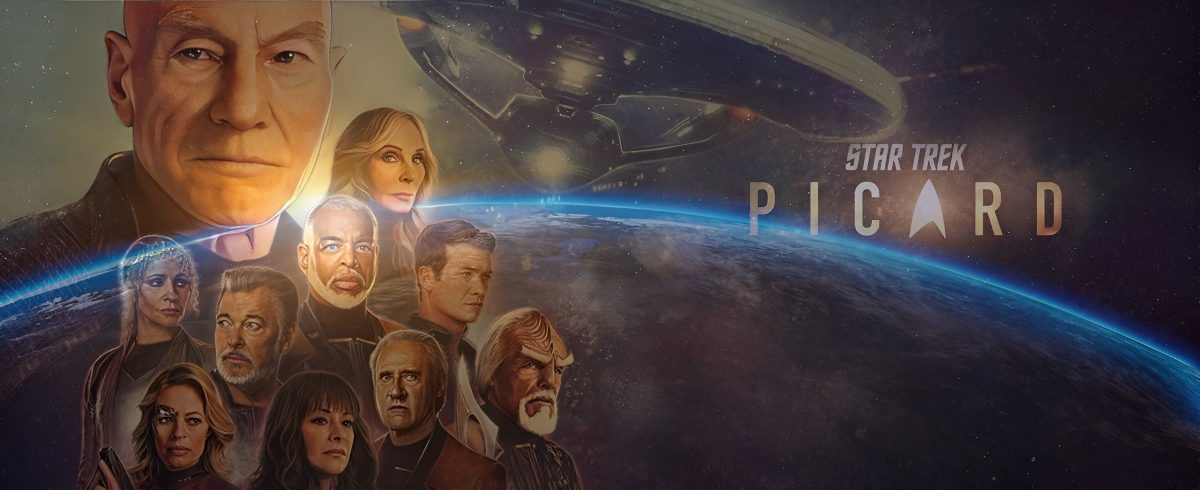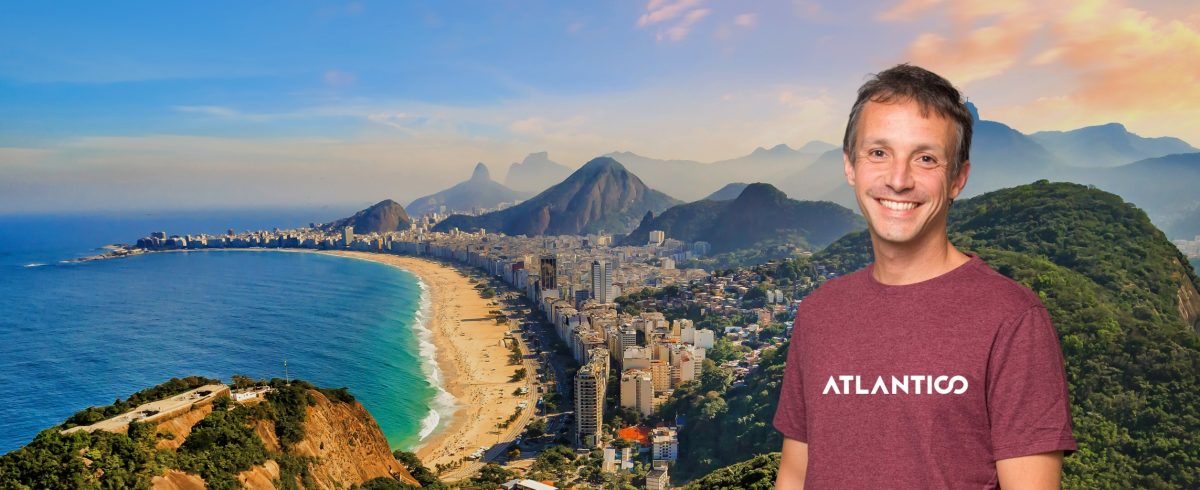I was in college for the final years of Star Trek: The Next Generation and awaited eagerly every new episode. I loved the show’s core themes of optimism and exploration by a highly competent crew making reasonable judgement calls under pressure.
In the last two decades, however, I felt that Star Trek had lost its way. Nothing annoyed me more than Discovery which was a woke disaster which openly rejected stalwart Star Trek traditions like competence, diplomacy, real-sounding science, and a proper chain of command.
Picard seasons 1 and 2 fell prey to a common disease I observed when reboots are made bringing back the old cast. The heroes of our past, Rocky, Luke Skywalker, Han Solo, Indiana Jones, Picard, or even the women from Sex and the City are typically depicted as lonely, depressed, and moribund having lost their joie de vivre and having forgotten the lessons life taught them along the way. That is not at all how we fans imagine those heroes aging. We imagine them aging gracefully and stoically providing wisdom and support to those around them and still kicking ass in their own way albeit more with their presence, intellect, and experience than their physicality.
I suppose that the writers depict them this way to make room for their supposed replacements who are younger, cheaper, and typically more diverse characters who are portrayed as capable and flawless typically from the get-go. The issue is that because these characters face no real challenges, they come across as arrogant and the entire exercise feels trite with our heroes made to appear weak only to make their heirs look good. That’s why Rey, Captain Marvel, Michael, or Helena don’t connect with audiences. They don’t go on a hero’s journey. That’s not to say diversity is bad, it’s just that the characters must be well written. It’s way more compelling if they face real challenges and learn lessons along the way which is why Ripley, Sarrah Connor and even Kitty Softpaws make for amazing strong female leads.
Picard seasons 1 and 2 had all those flaws, but season 3 is different. I suspect that the writers were replaced, and the new writers clearly knew, respected, and loved the source material. It takes a few episodes for the adventure to get under and to rectify many of the mistakes of the first two seasons, starting with making Picard himself be competent rather than impotent, but once it gets going it rekindles the flame of The Next Generation. Picard Season 3 is really a new season of The Next Generation. The entire cast is essentially brought back together. It is a nostalgia trip, but it is much more than that as the story works, and the characters’ age is an integral part of the plot. In fact, the show was so good I am tempted to check out Star Trek: Strange New Worlds.
Ultimately, Picard season 3 is the perfect end to The Next Generation, making it perhaps the only TV show to have ever had two perfect endings.

